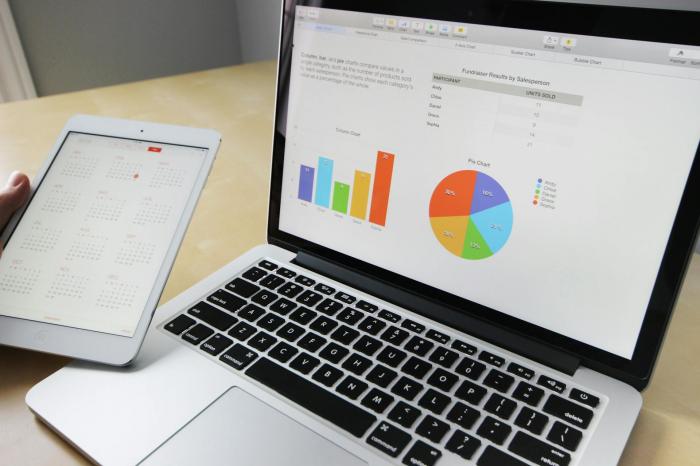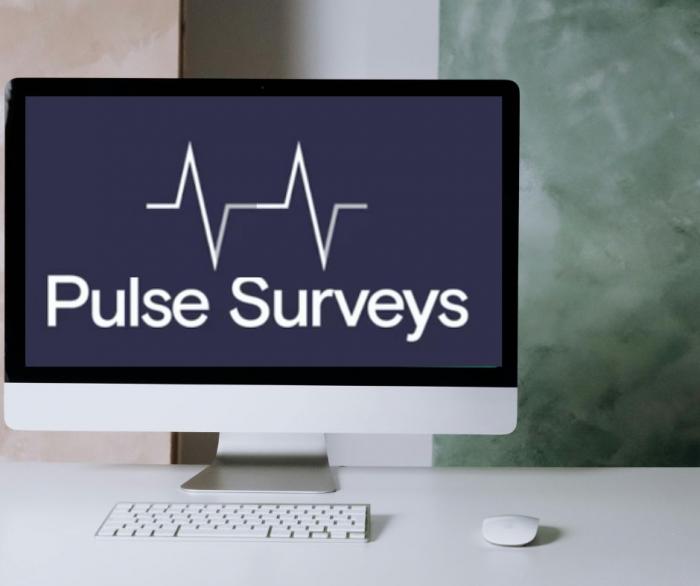5 Survey Security Ideas to Protect Survey Data
 Information is exposed once it is distributed online. This makes people skeptical when providing information online. Some of these people could be respondents replying to a survey you have sent to their inbox. If you don't ensure standard data and information security protocols on your online survey, you will be exposing respondents' data to the public which is risky. This will reduce respondent's trust in your research process.
Information is exposed once it is distributed online. This makes people skeptical when providing information online. Some of these people could be respondents replying to a survey you have sent to their inbox. If you don't ensure standard data and information security protocols on your online survey, you will be exposing respondents' data to the public which is risky. This will reduce respondent's trust in your research process.
With the rise of data breaches, ensuring your survey data is secure is crucial. Whether you're a researcher, a business, or part of an organization, the integrity of your data matters. This blog post is dedicated to showing you effective strategies to protect your survey data against unauthorized access and cyber threats.
Who Needs Survey Security
You might wonder why survey security is so important. Well, imagine if the responses you collected were altered or if private information leaked out. It could harm your reputation and trust with your respondents. That's where survey security comes in. It's essential for anyone handling sensitive information, from academic researchers to HR departments, to ensure the confidentiality and integrity of their data. In essence, if you're collecting data from others, you need to protect it.
Survey Security Methods to Protect Data
There are several methods used to protect surveys from theft. We will discuss 5 of the major ones.
1. Secure Survey Design
First things first, start with a secure survey design. This means making sure your survey is set up in a way that keeps out unwanted guests. Using SSL encryption for your survey links is a must. It's like sealing your data in a secure envelope that only the intended recipient can open. Look for survey platforms that offer this feature and prioritize your data's security from the get-go.
2. Data Encryption
Next, let's talk about encryption. It's a fancy word for converting your data into a code that only someone with the right key can read. Ensuring your data is encrypted both when it's being sent and when it's stored is key to protecting survey data. This stops hackers in their tracks, making it much harder for them to access your respondents' answers. Always choose survey tools that offer strong encryption standards.
3. Access Control and Authentication
Another crucial step is to control who can see and edit your survey data. Not everyone needs access to everything. By setting up access controls, you can limit access to data based on people's roles. Additionally, using strong passwords and multi-factor authentication adds an extra layer of security. Think of it as having a secure lock on your data that only authorized users have the key to.
4. Regular Security Audits and Compliance Checks
Just like you regularly check your car to prevent breakdowns, regular security audits help identify and fix vulnerabilities in your survey security. Also, staying compliant with data protection laws like GDPR is not just good practice; it's a requirement. Conducting these audits can seem daunting, but they're essential for maintaining a secure data environment.
5. Anonymization and Data Minimization
Last, but not least, consider anonymizing your data and only collecting what you need. This means that even if data does fall into the wrong hands, it can't be traced back to individual respondents. It's like writing a book without any names—readers can understand the story, but they can't identify the characters in real life.
Why You Should Secure a Survey
Securing a survey isn’t just about ticking a box for data protection; it's a fundamental aspect of conducting surveys that impacts the quality of your data, the trust of your respondents, and the integrity of your research or feedback process. Here are some key reasons why securing your survey is essential:
Protect Respondent Privacy
When participants share their information, they trust you to keep it private. By securing your surveys, you're honoring this trust and ensuring that their data isn’t exposed to unauthorized parties. This protection is especially crucial for sensitive information, which, if leaked, could harm individuals.
Enhance Data Integrity
Secure surveys are less prone to tampering or unauthorized access, meaning the data you collect is more reliable and accurate. This integrity is vital for making informed decisions, whether you're conducting market research, academic studies, or gathering employee feedback.
Comply with Legal Requirements
Many regions and countries have strict regulations governing personal data protection, such as the General Data Protection Regulation (GDPR) in the European Union. Securing your survey helps ensure compliance with these laws, avoiding potential legal penalties and fines.
Build Trust with Your Audience
Participants are more likely to engage with your surveys if they feel their data will be handled securely. A reputation for strong data security can improve response rates and the quality of the information collected, as respondents feel safer providing honest and detailed answers.
Prevent Data Breaches
Data breaches can have severe consequences, including financial loss, damage to reputation, and legal repercussions. By securing your survey, you reduce the risk of data breaches, protecting not just your respondents but also your organization.
Secure Intellectual Property
Surveys often collect data that can be considered intellectual property, such as innovative ideas or sensitive business information. Securing your surveys protects this valuable asset, ensuring that competitive insights remain confidential.
Conclusion
Securing your survey data is not just about using the right tools; it's about adopting a mindset of vigilance and care for the information entrusted to you. By following these five steps, you can significantly enhance the security of your surveys and protect your respondents' data. Remember, in the digital world, staying one step ahead of potential threats is key to maintaining the integrity of your data and the trust of those who provide it.
Make survey security a priority and ensure that our data collection practices are as secure as possible. Your respondents trust you with their information; it's your responsibility to keep that trust intact.


